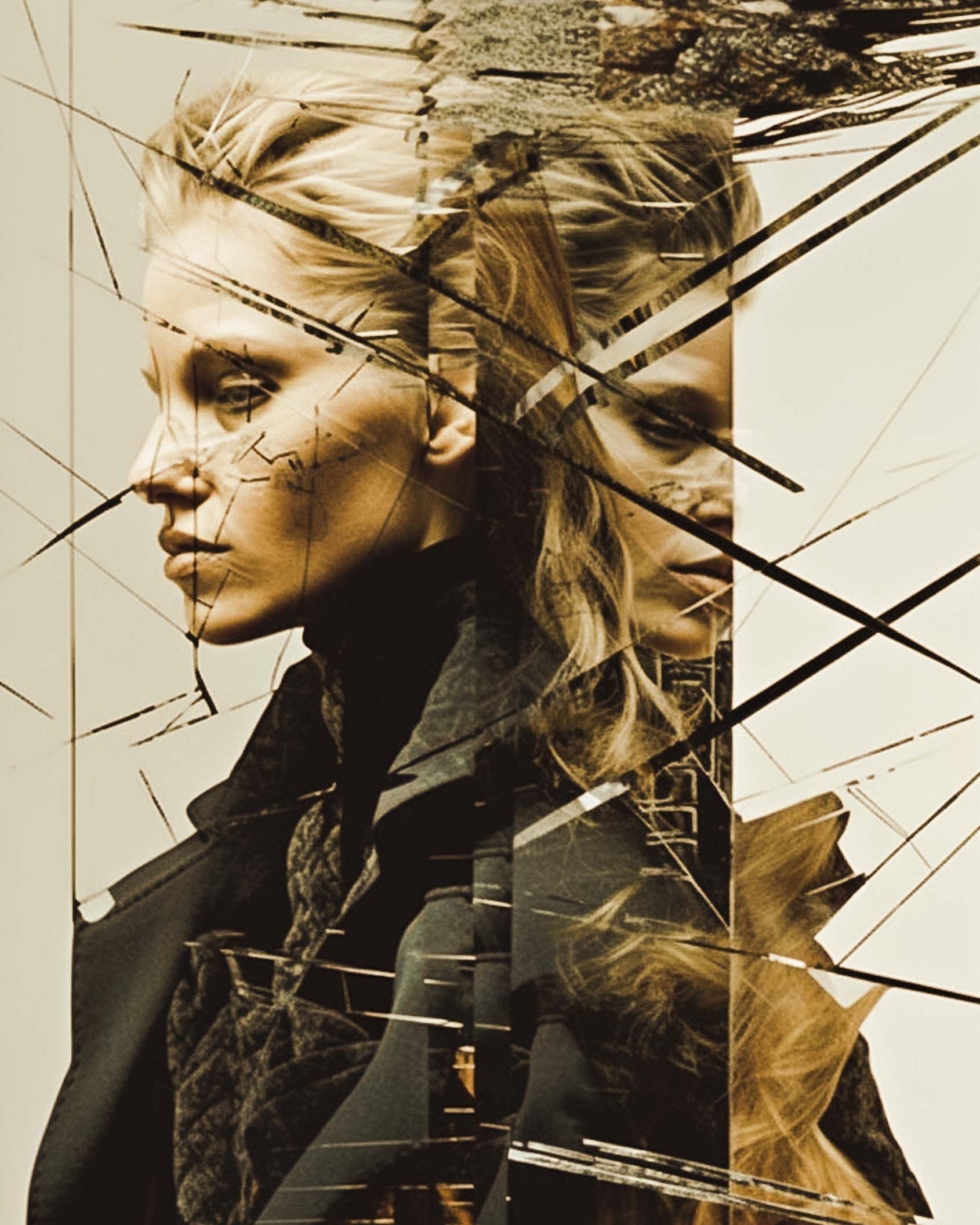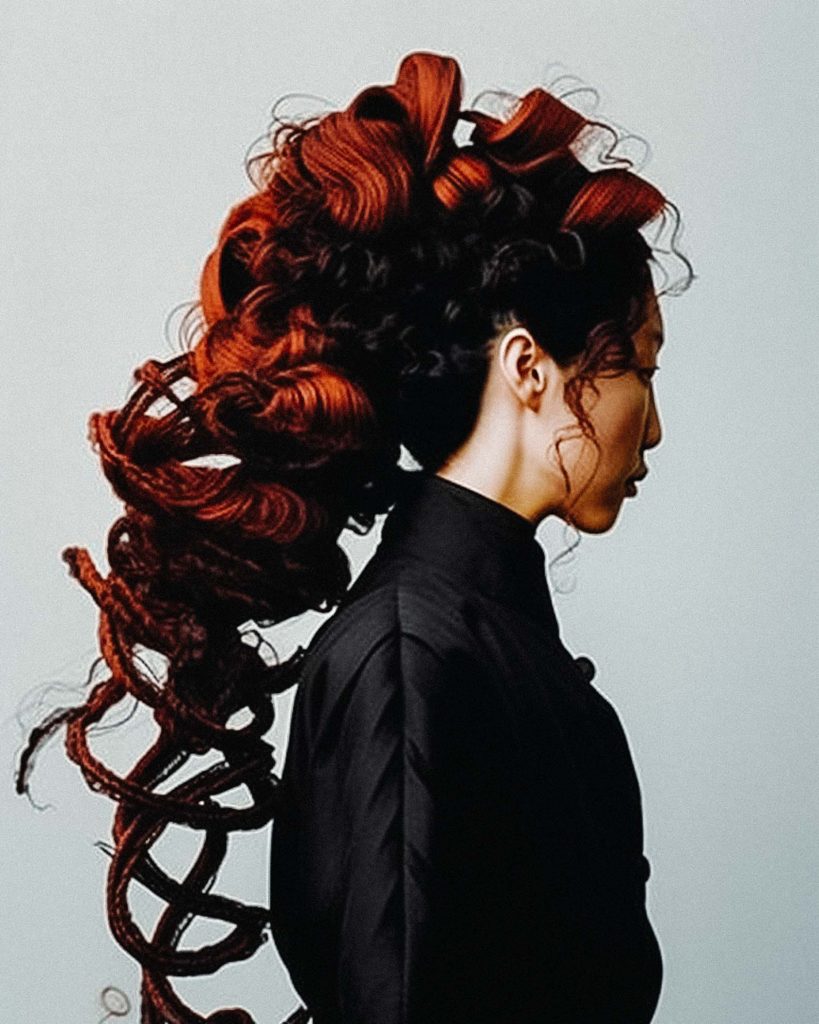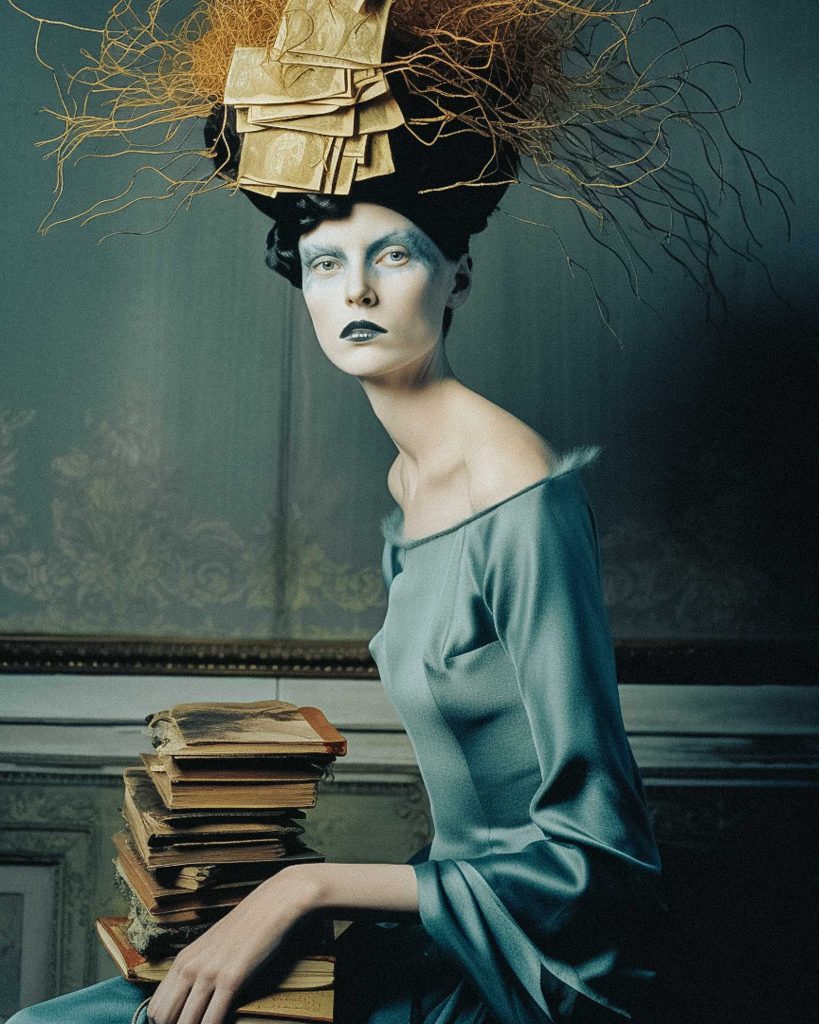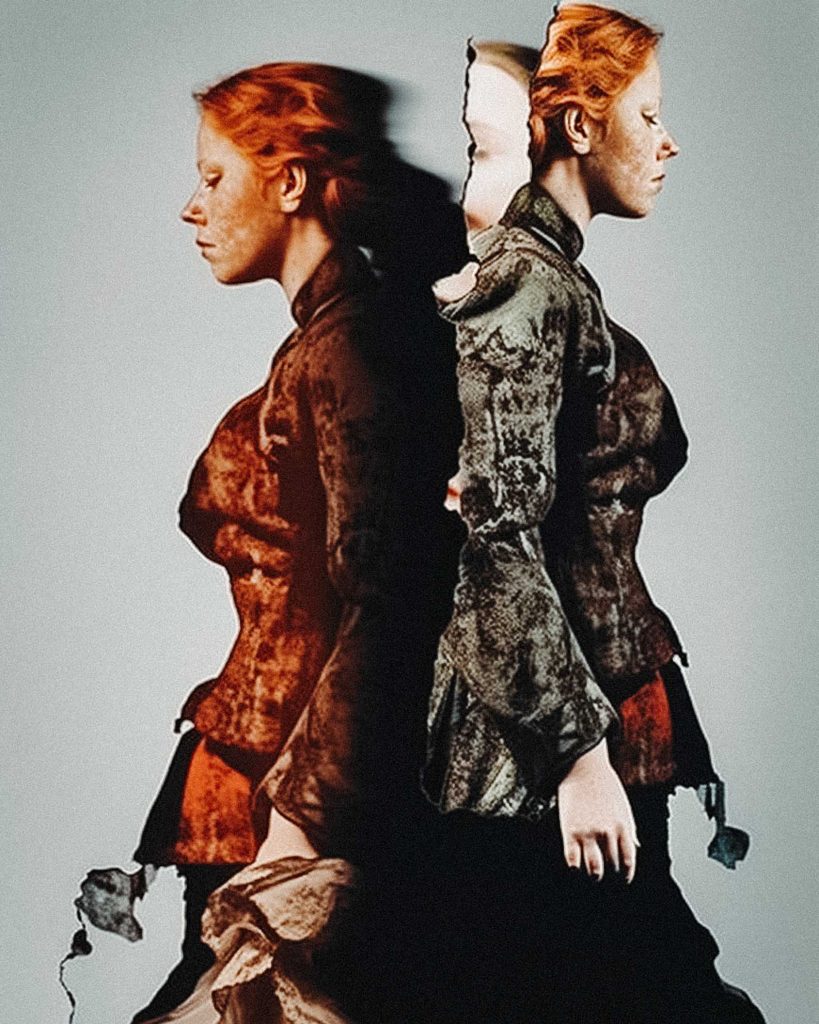
27 Feb Derrida’s Deconstruction Theory – collaboration with Dagmara Giej Rusnak
Derrida’s Deconstruction Theory is a philosophical approach developed by French philosopher Jacques Derrida. It emerged in the 1960s and 1970s as part of post-structuralist thought, which sought to challenge the rigid structures and assumptions of traditional Western philosophy.
Deconstruction theory revolves around the idea that meaning in language and texts is inherently unstable and indeterminate. Derrida argued that meaning is always deferred, as words derive their meaning from other words in a never-ending chain of signification. This process is called “Différance,” a term coined by Derrida, which combines the French words for “differ” and “defer.”
Jacques Derrida, who described deconstruction as a turn away from Platonism’s ideas of “true” forms and essences which take precedence over appearances. Since the 1980s, these proposals of language’s fluidity instead of being ideally static and discernible have inspired a range of studies in the humanities, including the disciplines of law, anthropology, historiography, linguistics, sociolinguistics, psychoanalysis, LGBTQ+ studies, and feminism. Deconstruction also inspired deconstructivism in architecture and remains important within art, music, and literary criticism.
Central to deconstruction is the idea of binary oppositions, which are pairs of terms or concepts that are traditionally considered opposites or complementary (e.g., good/evil, male/female, inside/outside). Derrida posited that these oppositions are hierarchical, with one term being privileged over the other, creating an unequal power dynamic. Deconstruction aims to disrupt this hierarchy by revealing the arbitrary nature of the binary oppositions and demonstrating that they are not fixed but rather interdependent and fluid.
In the context of “Deconstructing Female Form,” Derrida’s deconstruction theory can be applied to challenge and question the traditional representations of women in art and philosophy. By dissecting and analysing the binary oppositions of gender, such as male/female, active/passive, and public/private, our collaboration seeks to destabilise these hierarchies and present a more nuanced understanding of the female form.
Using Derrida’s approach, we will aim to reveal the power structures and assumptions that have shaped the portrayal of women throughout history. By dismantling these structures and providing alternative perspectives, they can create space for more diverse and inclusive representations of women. In doing so, we will not only promote a more accurate understanding of the female form but also encourage viewers to question their own assumptions and preconceptions about gender, identity, and power dynamics. Through the deconstruction process, the artists aim to challenge the established norms and foster a more inclusive and open discourse about the complexities of the female experience in art, philosophy, and society as a whole.
In my collaboration with Dagmara Giej Rusnak, I Skorek aim to utilize Derrida’s deconstruction theory as an artistic framework to explore and challenge traditional representations of the female. By analysing and dissecting the binary oppositions that have long defined women’s roles and appearances, I will create photographic works that subvert these expectations and provoke the viewer to question their own understanding of femininity.


images made in MidJourney AI by Karolina Skorek





No Comments